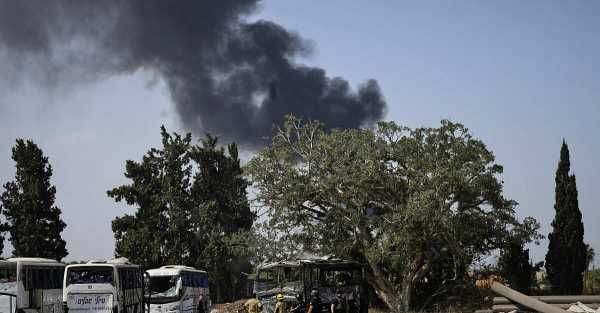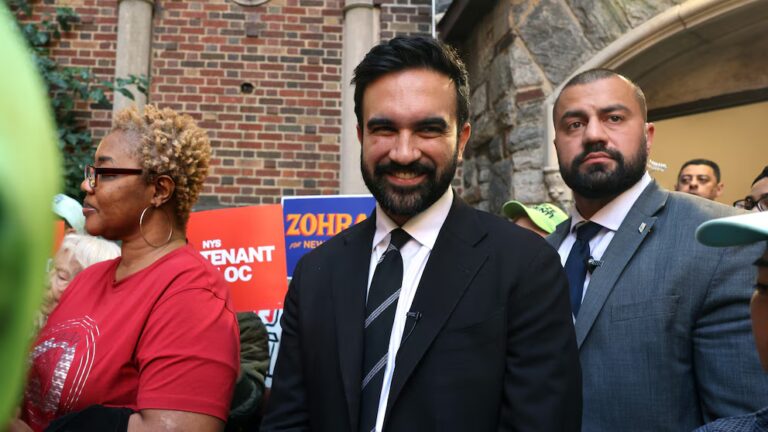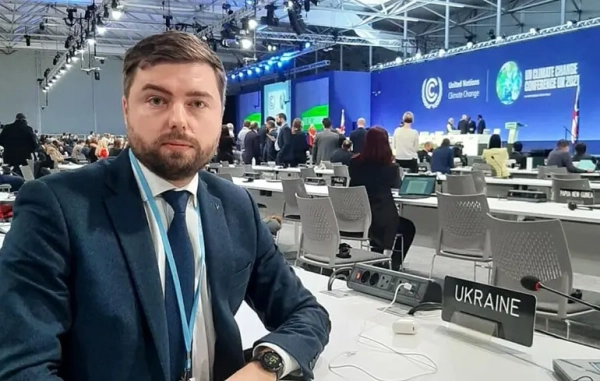
Israel has been carrying out attacks on Iran for five days as part of its air campaign against its long-time rival's military and nuclear capabilities.
The strikes came as President Donald Trump called on Tehran residents to leave the city and said the US was doing something “bigger than a ceasefire.”
Mr Trump left the G7 summit in Canada a day early to help resolve the conflict between Israel and Iran, telling reporters on Air Force One as he returned to Washington: “I'm not talking about a cease-fire. We're talking about more than just a cease-fire.”
When pressed to elaborate, he said the US wanted to achieve a “real end” to the conflict, which could lead to Iran’s “total capitulation.” He added: “I’m not in the mood for negotiations.”
His cryptic statements have heightened uncertainty in the region as residents of Tehran flee their homes en masse and the UN nuclear watchdog says for the first time that Israeli attacks on Iran's main enrichment facility at Natanz have damaged its underground sections as well as its above-ground parts.
Mr Trump later said the US knew where Iran's top leader, Ayatollah Ali Khamenei, was hiding but had no plans to eliminate him “for now”.
In a social media post, Mr Trump called for Iran's “UNCONDITIONAL SURRENDER” as the conflict continues to escalate.
“We know exactly where the so-called ‘Supreme Leader’ is,” Mr. Trump added. “He is an easy target, but he is safe for now — we are not going to eliminate him (kill him!), at least not yet. But we do not want missiles fired at civilians or American soldiers. Our patience is running out.”

Israel says its sweeping attacks on Iran's top military and scientific leaders, uranium enrichment facilities and ballistic missile program are necessary to prevent the enemy from getting any closer to a nuclear arsenal. The attacks have killed at least 224 people in Iran.
In response, Iran has launched more than 370 missiles and hundreds of drones at Israel, killing 24 people in Israel so far. The Israeli military said it fired another salvo of missiles on Tuesday.
The International Atomic Energy Agency (IAEA) said on Tuesday it believed Israel's initial airstrikes on Iran's uranium enrichment facility at Natanz had a “direct impact” on the facility's underground centrifuge halls.
Sourse: breakingnews.ie






